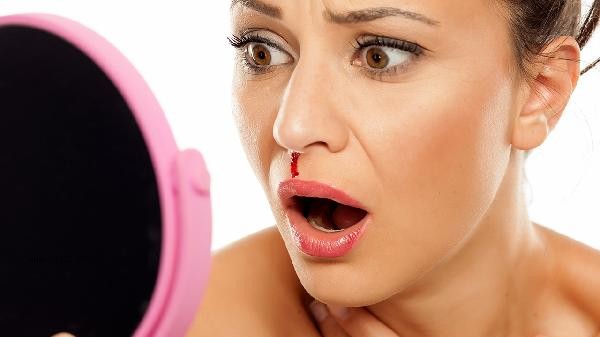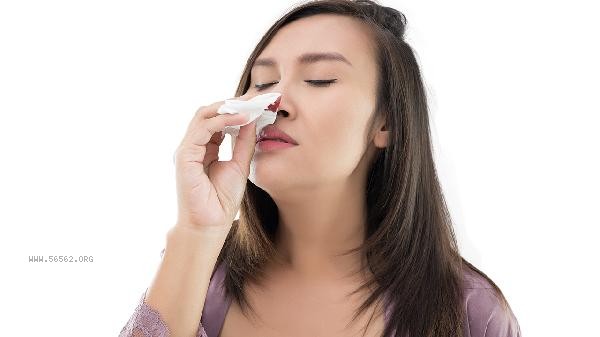The low incidence of lower body bleeding in 48 year old women may be related to factors such as endocrine disorders, uterine fibroids, cervical lesions, endometrial polyps, and hormonal fluctuations during menopause. It is recommended to seek medical examination in a timely manner, clarify the cause, and receive targeted treatment.

1. Endocrine disorders
Long term mental stress or disrupted sleep patterns may lead to abnormal hormone secretion, manifested as minor bleeding outside of menstruation. Improvement can be achieved through regular sleep patterns and emotional regulation. If necessary, six levels of sex hormones should be tested, and medication such as progesterone capsules and dexamethasone tablets should be used according to medical advice to regulate the menstrual cycle.
2. Uterine fibroids
Submucosal fibroids can easily cause intermittent bleeding, which may be accompanied by increased menstrual flow or lower abdominal distension. Ultrasound examination can confirm the diagnosis. For smaller fibroids, mifepristone tablets can be used to shrink the tumor according to medical advice. For larger fibroids, hysteroscopic surgery should be considered for resection.
3. Cervical lesions
Cervicitis or intraepithelial neoplasia may lead to contact bleeding, often accompanied by abnormal secretions. TCT and HPV screening are required, mild inflammation can be treated with Baofukang suppository, and high-grade lesions require cervical conization surgery.

4. Endometrial polyps
Polyp hyperplasia can easily cause irregular bleeding, and ultrasound shows a space occupying lesion in the uterine cavity. Polyps with a diameter less than 1 centimeter can be treated with levonorgestrel intrauterine sustained-release system to inhibit growth. For larger polyps, hysteroscopic resection is recommended.
5. Perimenopausal changes
Occasional ovulation abnormalities and bleeding may occur during the decline of ovarian function, accompanied by symptoms such as hot flashes and night sweats. AMH can be detected to evaluate ovarian reserve, and if necessary, short-term supplementation of estradiol tablets/estradiol digestrol tablets in composite packaging can be done under the guidance of a doctor.

Daily bleeding time and accompanying symptoms should be recorded to avoid aggravating bleeding with vigorous exercise. Keep the perineum clean and choose breathable cotton underwear. Pay attention to supplementing iron and vitamin K in diet, such as animal liver, dark green vegetables, etc. Gynecological examination, breast ultrasound, and bone density testing should be conducted annually to comprehensively evaluate the health status of perimenopause. If bleeding persists for more than 7 days or is accompanied by severe abdominal pain, dizziness, and fatigue, immediate medical attention should be sought to rule out malignant lesions.








Comments (0)
Leave a Comment
No comments yet
Be the first to share your thoughts!